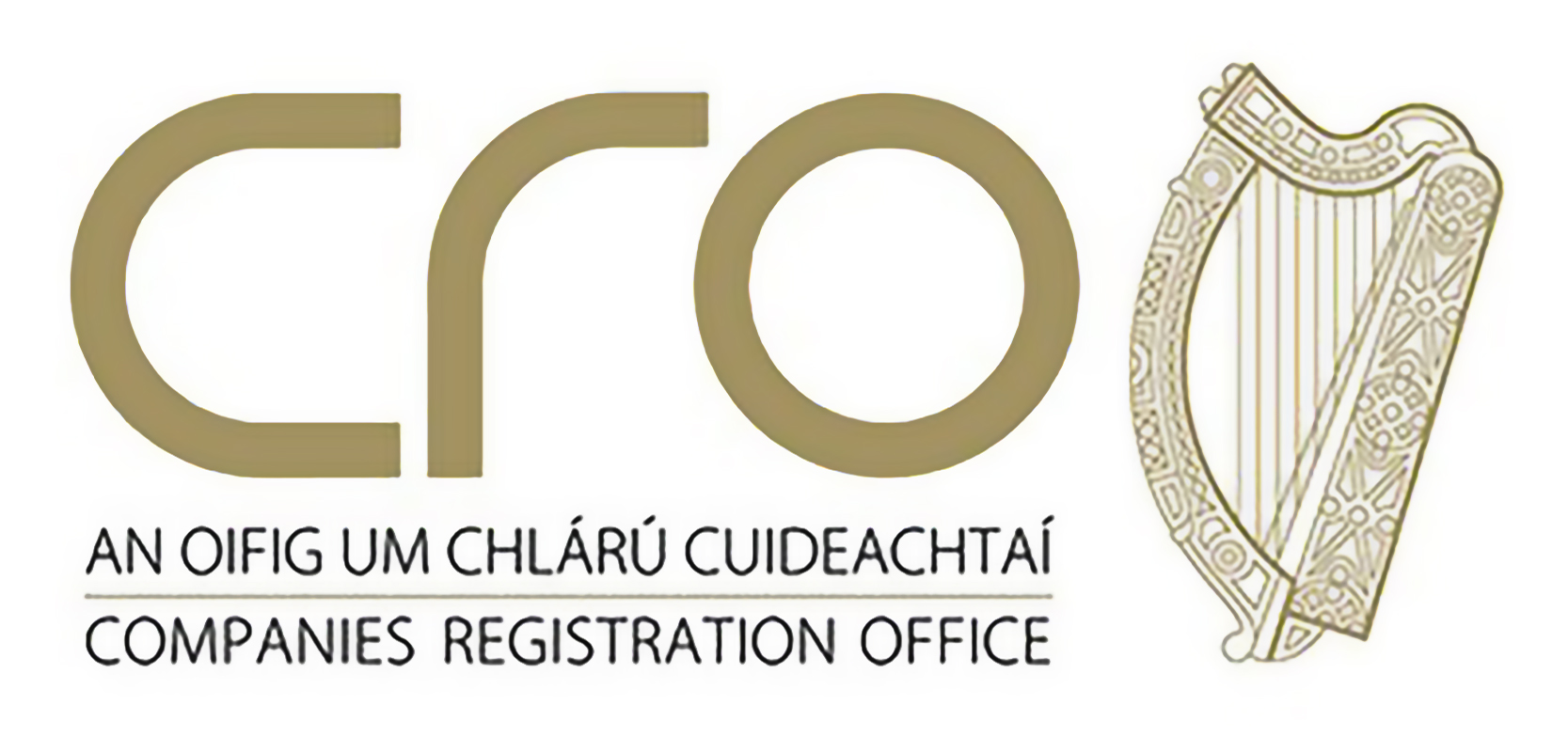What are probate searches?
Typically, when an individual passes away within the State, a procedure is initiated to grant
someone the legal authority to manage the deceased person’s estate. This process is
commonly known as Probate, and its name has roots in the Latin words ‘probare’ or
‘probatum,’ signifying the verb ‘to prove.’
Operating under the jurisdiction of the High Court, it is the Probate Office that facilitates the
bestowing of the said legal authority. This ultimate sanction is provided through a document
called a Grant of Representation (i.e. Grants of Probate or Letters of Administration) which
derives from a series of stages that collectively constitute the probate process.
Once that procedure has concluded, searchable name indices of deceased persons granted
probates are published to the public domain. It is against these registers that probate
searches are conducted.
What reasoning might direct a purchasing solicitor/ conveyancer to instruct Ellis & Ellis
to carry out a probate search when investigating title in a property/ right/ interest
purchase?
When a person has died while in ownership of real estate within the State, the authority
(arising from the Succession Act of 1965) to handle property dealings, effect property
transfers, or assent/ vest interests through to entitled individuals ‘…is exclusively vested in
the personal representative of a deceased owner…’.
For a person who died testate (with a valid will) a Grant of Probate is issued, and an executor
(the personal representative) is appointed. For those who die intestate (without a will/ invalid
will/ or a will set aside by the courts) the laws of succession apply, and an administrator is
appointed via a letter of administration to the deceased person’s estate.
Consequently, by taking up copies of these documents the Legal Personal Representative
(LPR) is primarily provided with the documentary authority to make an application to the Land
Registry for recording transfers of ownership, rights or interests on the registered title in
question.
Given the guaranteed nature of ownership inherent on a folio, for registered title purposes
the transfer of the rights of ‘‘…a person who claims to be by law entitled to the property of a
deceased registered full owner…’ is relatively straightforward.
That is, as part of a suite of necessary documents, the Land Registry requires an application
for registration under such transfer to be accompanied by ‘…the probate or letters of administration with will annexed (if a person other than the executor is applying for the grant) or an official copy’.
However, for unregistered title these matters are slightly more complicated.
Again, as part of title investigation in the acquisition of a property, right, or interest, the
purchasing solicitor or conveyancer bears the responsibility of establishing ownership on
behalf of their client.
This verification process often involves presenting a ‘chain of title’ that illustrates the
historical transfers of the land leading up to the present owner, along with any subsequent
transfers since coming into the current owner’s possession.
For any transfers of unregistered title prior to 1 st January 2011, it was not compulsory to
record these details with the Registry of Deeds (ROD). Therefore, because of the discretionary
nature of recording acts of transfer etc., it can prove difficult or simply not possible to
establish a clear line of transmission on title.
A further investigative wrinkle is that any properties/ rights/ interests that were in the
possession of a person at the time of death cannot be transferred afterwards under the
deceased person’s name with the ROD. That is, only their Legal Personal Representatives
(LPRs) may act as a grantor in these instances.
Accordingly, where there are potentially gaps in the ROD record, it is not untypical for those
pursuing a ‘chain of title’ to also request probate searches against deceased persons for any
existing Wills, Grants of Probate, and Schedules of Assets.
Recovery of related documents can provide the solicitor with an executor’s or administrator’s
name for the law searching agent to then search against in the Registry of Deed’s (ROD)
grantors index of names.
Ideally a search in the ROD will confirm the transferal from the entitled person (Grantor) onto
the final intended recipient (Grantee). Thereon, a follow-up search against the grantee may
help identify any subsequent changes (or not) to a ‘chain of title’ right up to the present date.
In all the above instances, by taking up copies of Grants of Probate or Letters of Administration it provides some of the official documentation required by the Land Registry for both transfers and/ or investigation of title for first registration purposes and assists in bridging those elusive gaps in ‘chains of title’.
How and what to search for on the probate registers?
There are two official sets of probate registers which may be searched. The first set is
maintained by the Probate Office in a computerised format and contains details of Grants of
Representation (i.e. Grants of Probate and Letters of Administration) which have issued in the
Republic of Ireland since 1992 to date.
The second set are in paper index format and are maintained by the National Archives. These
grants date from 1991 or earlier.
Both registers are searchable by first name, last name and a year of death. Should the name
being searched for be very popular, we may require an exact date of death or a place of death
to minimise the associated searching time.
For those names being searched prior to 1991 in the national Archives we usually confine our
searches to an initial ten-year period post-death. The rationale being that most grants are
issued within that period. However, occasionally we may be required to search longer
periods, i.e. 1940 to date to either (a) establish that a grant has never been proven in the
State or (b) identify a grant issued outside of that initial ten-year period.
As an aside, Ellis & Ellis has witnessed grants being issue up to 40 or more years after-the-fact
in some instances.
What details are recorded on a probate register search result?
Results as a matter of course include details under the following headers: -Surname, First
Name, Address, Grantee(s), Record No., Date of Issue, Date of Death, Grant Type (Probate,
Intestate, Will Annexed, De Bonis Non, i.e. Grant issued but executor/ administrator has died),
and Other Reference.
Ideally, as mentioned above, positive ‘hits’ for named executors/ administrators will facilitate
later searching in the Registry of Deeds
Use an established Law Search provider
As such, considering the considerable shortcomings which arise from the absence of a search
or, worse still, an incomplete or incorrect probate search, it is imperative for purchasing
solicitors and conveyancers to depend on a sound legal search provider like Ellis & Ellis.
Through our fusion of our accessible and instant ordering platform at www.ellis.ie, our
unmatched professional expertise, and an outstanding post-sales support, we deliver a
premier search service to our clients.
For enhanced peace of mind Ellis & Ellis provide Professional Indemnity Cover of €10 million.
Why not join the 1000’s of users who trust Ellis & Ellis to deliver them a competitive edge?
Did you find the above information to be of interest? Why not check out one of our other Ellis & Ellis
explainers for some related searches below; –
List of Related searches:









